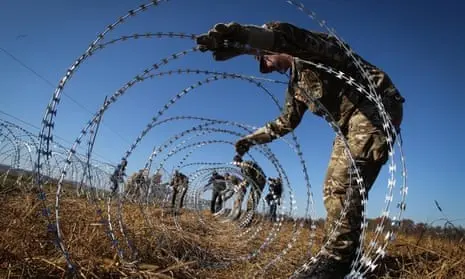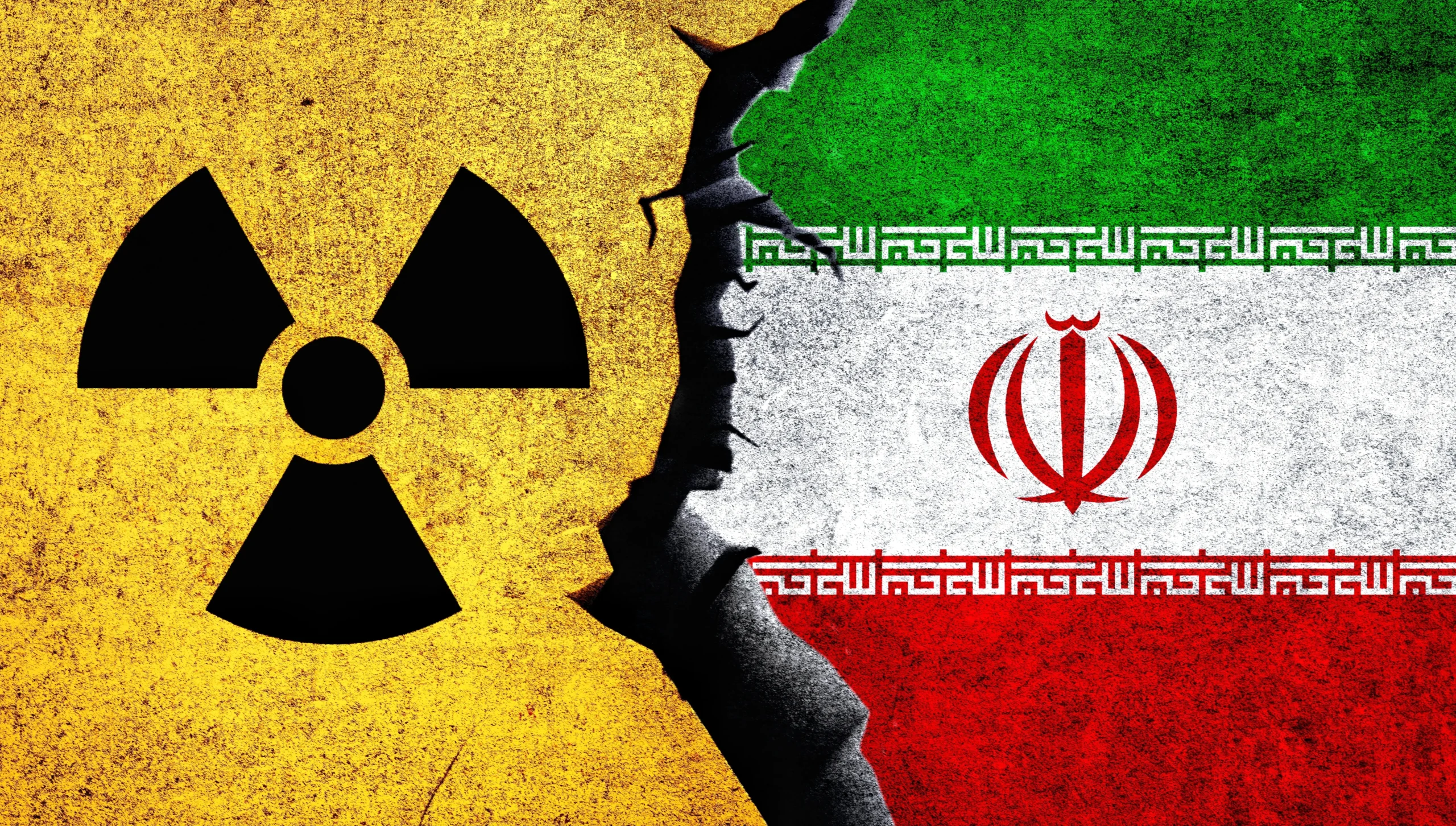In April 2022, then-Prime Minister Boris Johnson announced a plan to deport asylum seekers to Rwanda under the newly enacted "Safety of Rwanda Bill." This bill generated significant controversy and was described as incompatible with the U.K.'s legal obligations. Both the British Supreme Court and the European Court of Human Rights ruled that the bill violated legal obligations and was incompatible with international conventions to which the U.K. is a signatory. In June 2022, the first flight carrying asylum seekers from the U.K. to Rwanda was cancelled minutes before take-off after the European Court of Human Rights issued last-minute commands to stop it. Two years later, with a new Prime Minister in office and despite international legal pressure, Parliament has finally passed the bill. However, the controversy has not ended. The high economic costs and concerns over human rights continue to render the Safety of Rwanda Bill contentious and problematic.
Surrounding Controversy
Since the announcement of the terms and provisions of the bill, it has been criticized by international organizations for potential human rights abuses and breaches of international law. The UNHCR highlighted the dangers of transferring refugees and asylum seekers to third countries without sufficient safeguards, stating that such measures treat asylum seekers like commodities transferred abroad for processing. The UNHCR accused the U.K. of attempting to evade its asylum responsibilities and international obligations.
The new bill has been found to be a flagrant violation of international laws, particularly the Geneva Conventions, also known as the 1951 Convention, to which the U.K. is a signatory. This convention includes the non-refoulement principle, which guarantees that no one should be returned to a country where they would face torture, cruel, inhuman, or degrading treatment, or other irreparable harm. In mid-November 2023, the British Supreme Court ruled that the bill was illegal. The court determined that foreigners sent to Rwanda risked being deported back to their countries of origin, where their safety could not be guaranteed. This would breach Article 3 of the European Convention on Human Rights (ECHR), to which the U.K. is also a signatory. In 2023, the ECHR stopped the first plane from departing the U.K. for Rwanda. Its ruling barred the U.K. from removing migrants through such a scheme until the legal battle against it was resolved. Despite mounting domestic and international pressure to reconsider the legislation due to concerns about its compliance with international law, the U.K. government announced that the new bill would include measures to effectively ignore injunctions from the European Court of Human Rights.
British policymakers would be very optimistic if they believed that such measures would not harm their government’s reputation on the international stage. However, it appears that they are more focused on the upcoming election. With general elections due to be held in the U.K. either this year or in early 2025, immigration remains a major political issue. Like their counterparts in other European nations, U.K. policymakers tend to appease the far-right in an attempt to win more votes. Although the original draft of the law was presented by former Prime Minister Boris Johnson, current Prime Minister Rishi Sunak seems to be leveraging it for his own political gain. This trend of adopting tough stances on migration to attract far-right votes is becoming increasingly common in Europe.
Nevertheless, Mr. Sunak’s strategy is likely a losing gamble. The right-wing is so divided on the issue of migration that right-wing constituencies remain suspicious of any mainstream candidate who adopts their rhetoric. This suggests that echoing the right on migration does not even secure right-wing votes. Given these facts, it’s no surprise that despite making the Rwanda bill a headline policy, the U.K.’s Conservative Party is polling at an all-time low. Additionally, migration does not rank highly as a pressing issue for Britons. When asked to name the ‘most important issue’ or ‘issues’ facing the nation in 2023, only 21% of respondents mentioned immigration as an issue of high salience. Accordingly, a political win based on this policy is unlikely.
Not Even Worthy
While domestic and international pressure don’t seem to be stopping British policymakers, it is necessary to evaluate whether this policy will achieve its intended outcomes. To begin with, the bill’s financial costs might outweigh its political gains. The National Audit Office, the official spending watchdog, estimates that plans to send asylum seekers to Rwanda will cost taxpayers £1.8 million for each of the first 300 people the government deports. The overall cost of the scheme stands at more than £1.5 billion according to released figures. Sunak has already committed to paying £370 million from the public purse over the five-year deal, meaning that even if the U.K. sends nobody to Rwanda, a significant amount of money will still be spent. The huge initial sum and ongoing costs raise serious questions about the cost-effectiveness of this policy.
The policy is not only costly but might also fail to be politically effective enough to justify the incurred expenses. Offshoring as a migration management strategy is not unprecedented. In 2001, Australia attempted to offshore asylum seekers to detention centres on Papua New Guinea’s Manus Island and the South Pacific Island nation of Nauru for processing. The European Union already employs externalization policies, financing transit third states to keep migrants and asylum seekers away from European shores. The new migration pact is argued to further entrench this policy through the introduction of the “Solidarity Mechanism,” whose funds can be used to finance detention centres in third states. A comparable case is Israel’s offshoring of asylum seekers to Rwanda. Israel’s “Voluntary Departures” plan aimed to relocate Eritrean and Sudanese refugees to Rwanda and Uganda. These refugees, some of whom had lived in Israel for more than five years, were given the choice between living in an Israeli jail, often in the desert, or accepting around $3,500 to be “voluntarily” deported to Rwanda or Uganda.
Yet Rwanda never fulfilled its side of the bargain. A report by Israeli researchers published in 2018 found that deportees from Israel had their travel documents seized upon arrival in Rwanda and were denied access to an asylum. Many were robbed of their money or imprisoned in a “hotel” upon arrival. Only seven out of Israel’s thousands of deportees remained in Rwanda; the rest continued their life-threatening search for asylum elsewhere. This example raises serious questions about the definition of a “safe country.” The UK-Rwanda scheme, also referred to as the “Safety of Rwanda Bill,” is premised on Rwanda being a safe country. However, the experience with asylum seekers deported from Israel has shown that Rwanda is not a safe country. Safety should not be defined merely by low crime rates—a criterion in which Rwanda might score well—but by the safety and treatment of asylum seekers, an area where Rwanda has already proved to be unsafe.
Furthermore, the Rwanda policy is not only inhumane but also unlikely to solve the problem of migration to the United Kingdom. In reality, speaking of when asylum seekers were deported from Israel, Rwandan authorities have been very helpful in facilitating the movement of refugees to Europe. They had no obligation to detain or process people, nor to help them find work or opportunities. So why would anyone stay?
Ultimately, the fate of the Rwanda Bill seems to mirror that of Israel’s Voluntary Departures plan. The UK-Rwanda Bill is unlikely to deter illicit migration; in fact, one year after unveiling the bill, irregular migration has increased by 17%. By violating international humanitarian law principles, such as non-refoulement, it endangers asylum seekers’ lives at a huge financial cost. The “Safety of Rwanda” Bill can be seen as an extension of the externalization policies adopted by the European Union and other Global North countries. These policies, having been tested for years, have proven to be ineffective. It is clear that the Global North needs to alter its migration management strategies.
References
Barrett, David. “Dominic Raab Tries to Thwart Rwanda Flight Blockers with New Bill of Rights Set to Be Unveiled next Week Containing Measures to Effectively Ignore European Court of Human Rights Injunctions.” Daily Mail Online, June 18, 2022. https://www.dailymail.co.uk/news/article-10924969/Rwanda-Dominic-Rabb-pledges-rip-Labours-Human-Rights-Act.html
Bhalla, Nita, and Lin Taylor. “UK’s Rwanda Plan: Which Other Nations Send Asylum Seekers Abroad?” Context, April 23, 2024. https://www.context.news/socioeconomic-inclusion/besides-britain-which-nations-send-asylum-seekers-overseas
Express, The Indian. “What Is the UK Govt’s Recent Bill, Which Could Lead to Some Migrants Being Deported to Rwanda?” The Indian Express, April 23, 2024. https://indianexpress.com/article/explained/explained-global/uk-bill-migrants-rwanda-plan-9286181/
Faro, Mireia, and Tarek Megerisi. “UK’s Rwanda Bill Is Doomed for Political Failure.” Social Europe, April 29, 2024. https://www.socialeurope.eu/uks-rwanda-bill-is-doomed-for-political-failure
Guardian, The. “Rwanda Plan to Cost UK £1.8m for Each Asylum Seeker, Figures Show.” The Guardian, March 1, 2024. https://www.theguardian.com/uk-news/2024/mar/01/rwanda-plan-uk-asylum-seeker-cost-figures
international, amnesty. “Joint Civil Society Statement on the Rwanda Bill.” Amnesty International UK, 2024. https://www.amnesty.org.uk/joint-civil-society-statement-rwanda-bill
Lefief, Jean-Philippe. “Understanding the British Government’s Plan to Send Migrants to Rwanda.” Le Monde.fr, April 24, 2024. https://www.lemonde.fr/en/international/article/2024/04/24/understanding-the-british-government-s-plan-to-send-migrants-rwanda_6669425_4.html
Mohamed, Hashi. “The Rwanda Plan Has Failed Before.” UnHerd, June 19, 2022. https://unherd.com/2022/06/the-rwanda-plan-has-failed-before/
OHCHR. “OHCHR.” United Nations Human Rights Office of The High Commission. Accessed May 2024. https://www.ohchr.org/sites/default/files/Documents/Issues/Migration/GlobalCompactMigration/ThePrincipleNon-RefoulementUnderInternationalHumanRightsLaw.pdf










Comments